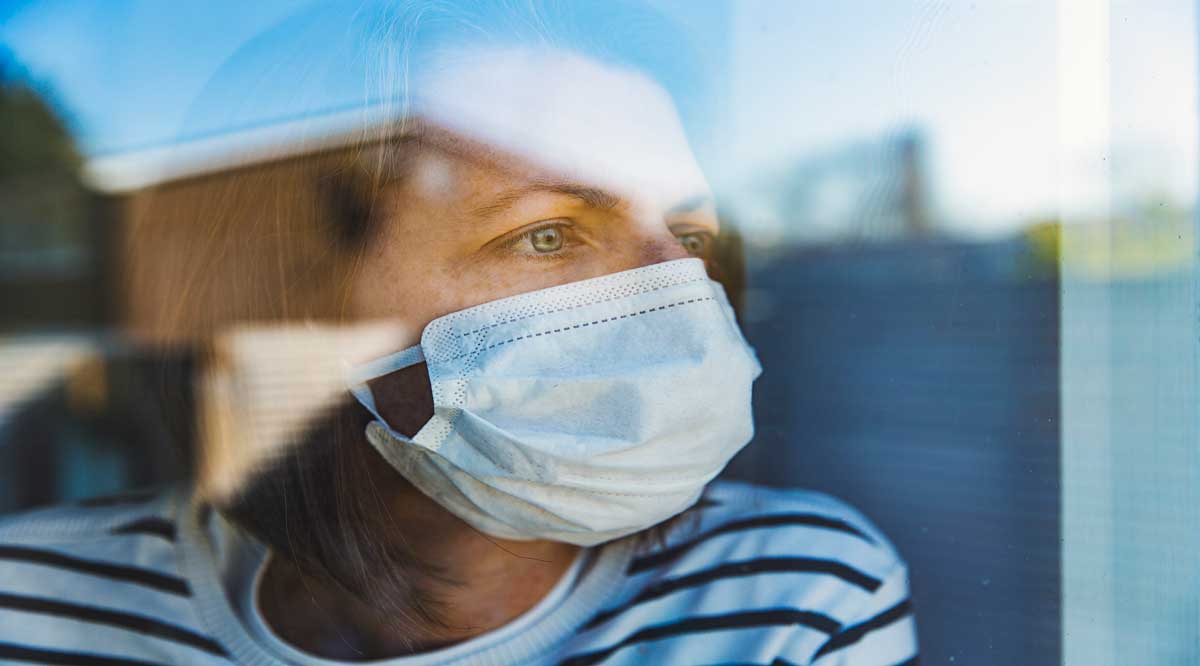Four administration officials appeared before the Senate Health, Education, Labor, and Pensions (HELP) Committee on May 12 to testify about the necessary measures needed to reopen the country amidst the ongoing COVID-19 pandemic.
This followed the committee’s May 8 hearing with National Institutes of Health (NIH) Director Francis Collins, MD, PhD, who detailed progress on testing and COVID-19 vaccine development [see Washington Highlights, May 8].
Appearing via videoconference, Committee Chair Lamar Alexander (R-Tenn.) opened the session, “COVID-19: Safely Getting Back to Work and Back to School,” by highlighting five years of bipartisan congressional support for the NIH, but he added that, “despite all that effort, even the experts underestimated COVID-19. This hearing is about how we improve our response to this virus as well as the next."

In his opening statement, National Institutes of Allergy and Infectious Diseases Director Anthony Fauci, MD, updated members on NIH’s collaborative efforts with academia and industry to develop a SARS-CoV-2 vaccine.
“On the 14th of January, we officially started the vaccine development. Sixty-two days later, we are now in phase one clinical trial with the two doses already fully enrolled. … If we are successful, we hope to know that in the fall and early winter,” he summarized.
Ranking Member Patty Murray (D-Wash.) urged the administration to develop detailed guidelines for a national testing strategy.
It should be “one that actually addresses the issues we're seeing on testing capacity and distribution and disparities and building out our public health system. And makes clear to states and tribes and employers and the American people, what they can expect and what the administration will do to keep Americans safe,” Murray said.
In response to questions from Murray and Sen. Bob Casey (D-Pa.) about the consequences of reopening too soon, Fauci cautioned that, should cities and states “prematurely open up without having the capability of being able to respond effectively and efficiently, my concern is that we will start to see little spikes that might turn into outbreaks.” Fauci added that those outbreaks could set the nation back by causing avoidable suffering and death, while also setting back the country’s economic recovery.
In response to Sen. Alexander’s question on how he would advise school leaders about reopening their campuses, Fauci advised that a vaccine would not likely be available before the start of the fall school semester. In additional questioning from Sen. Rand Paul (R-Ky.) regarding the health of schoolchildren, Fauci agreed that children have generally fared better than adults but noted that they have recently reported serious inflammatory responses.
“I think we better be careful, if we are not cavalier, in thinking that children are completely immune to the deleterious effects [of COVID-19],” Fauci said.
Admiral Brett Giroir, MD, assistant secretary for health at the Department of Health and Human Services (HHS), shared the administration’s efforts to support the states’ goal of performing 12.9 million COVID-19 tests over the next month, including cataloging the location and capacity of testing machines in every state to coordinate proper reagent delivery.
“By September, taking every aspect of development, authorization, manufacturing, and supply chain into consideration, we project that our nation will be capable of performing at least 40 to 50 million tests per month if needed at that time,” Giroir added. “Still, having testing — even widely — does not nullify the need that we're going to have to change our practices in terms of sanitation, personal cleanliness, distancing, face masks, things like that, given what the dynamics could be,” Giroir cautioned.
Sen. Susan Collins (R-Maine) inquired about the distribution of a new COVID-19 therapy, remdesivir, which HHS recently began issuing to hospitals and states. She asked whether distribution would be prompt “so that patient care is not delayed, and so that it doesn't depend on which state you live in, whether or not you're going to get access to these treatments and ultimately a vaccine[.]”
Food and Drug Administration Commissioner Stephen Hahn, MD, acknowledged Collins’ concern, noting that the administration will apply lessons learned from remdesivir distribution in the future.
Sen. Richard Burr (R-N.C.) and Sen. Chris Murphy (D-Conn.) asked Centers for Disease Control and Prevention (CDC) Director Robert Redfield, MD, about staff vacancies for disease surveillance and expected agency guidance on reopening the country. Those guidelines were released after the hearing, on May 15, as individual one-page decision-making tools for various settings including schools, workplaces, child care programs, and mass transit systems.